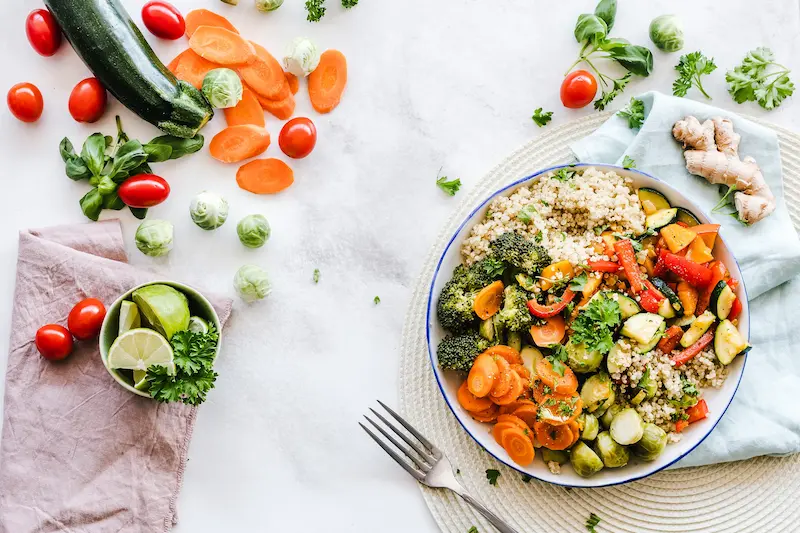The quality and quantity of what we eat has consequences for our health and in the symptoms of arthritis.
What eating plan we prefer is a personal choice, but it’s good to know what our bodies need for optimum health.
Muscles surround and support our entire skeletal system and, as arthritic joints become unstable, it is even more important that we maintain – and develop – muscle mass and strength to support the joints.
Muscles need protein – found in fish, dairy, meat, chicken, nuts, and many vegan options. In addition to giving the muscles the nutrition they need, protein gives us sustained energy. After a meal high in protein, we remain full for longer.
Carbohydrates give instant energy, but not all carbs are healthy. Low GI carbs, found in whole grain bread, rice, bananas, potatoes, etc. release sugar slowly, giving us sustained energy for longer periods and do not spike blood sugar levels.
Processed carbs, mostly found in white bread, cakes, pastries and high sugar foods, have almost no nutritional value. They cause instant spikes in blood sugar and drop it just as quickly. The result is a drop in energy and an increase in appetite.
Sucrose (the sugar we add to food) is a definite trigger to pain and it is also highly addictive. It is wise to limit the amount we have.
To nourish the healthy bacteria in the stomach, we need vegetables, fresh salads, and fruit. These foods help the gastrointestinal system to work efficiently as well as providing high levels of antioxidants that combat free radicals. Free radicals exacerbate inflammation and cause destruction in healthy cells.
Water is vital to assist the kidneys in eliminating digestive waste and toxins. We need 6 – 8 glasses of water, taken in small amounts, throughout the day.
If we strive to eat healthily 80% of the time, we can still enjoy indulgencies now and again.
Moderation and balance are the key to optimal good health.



